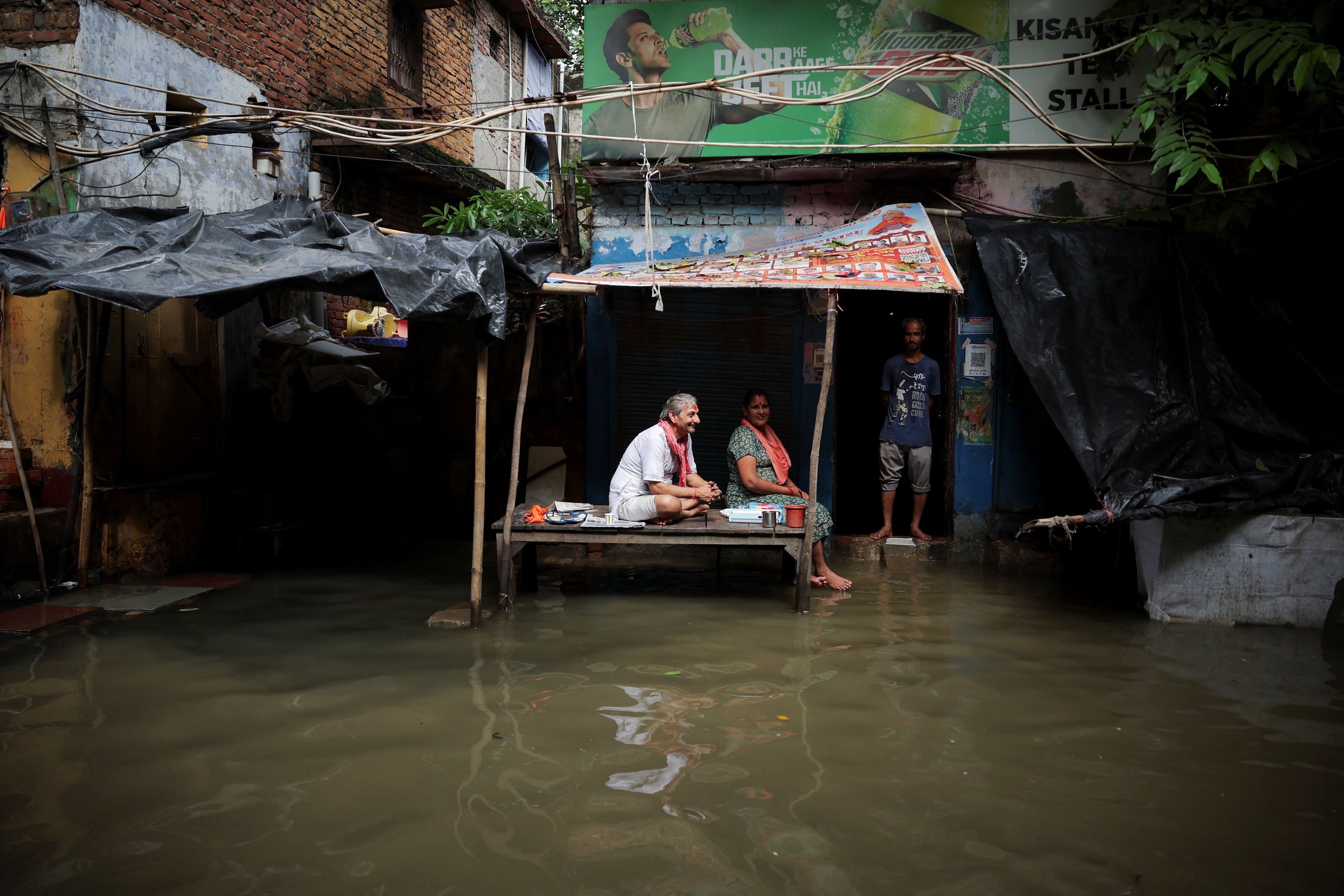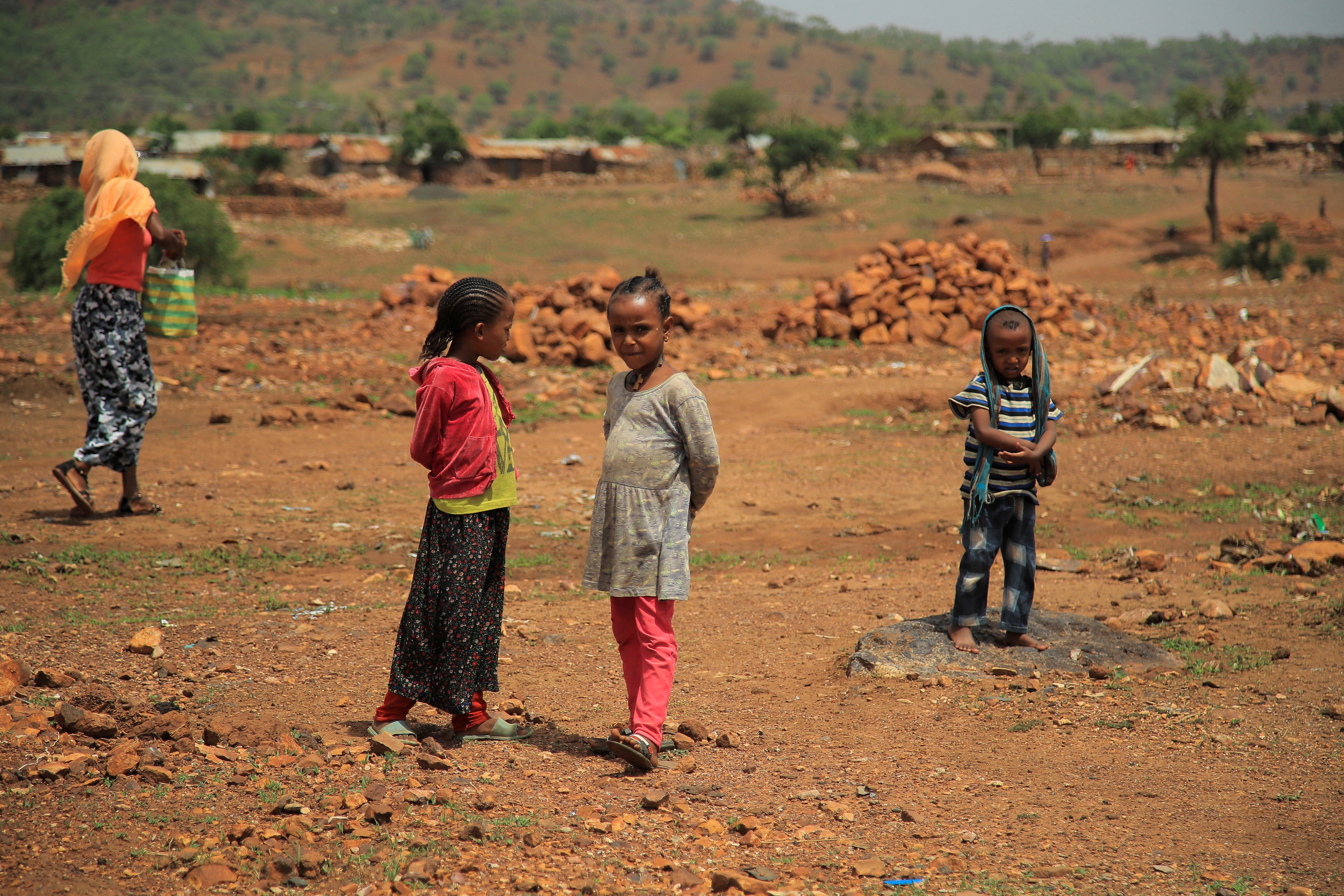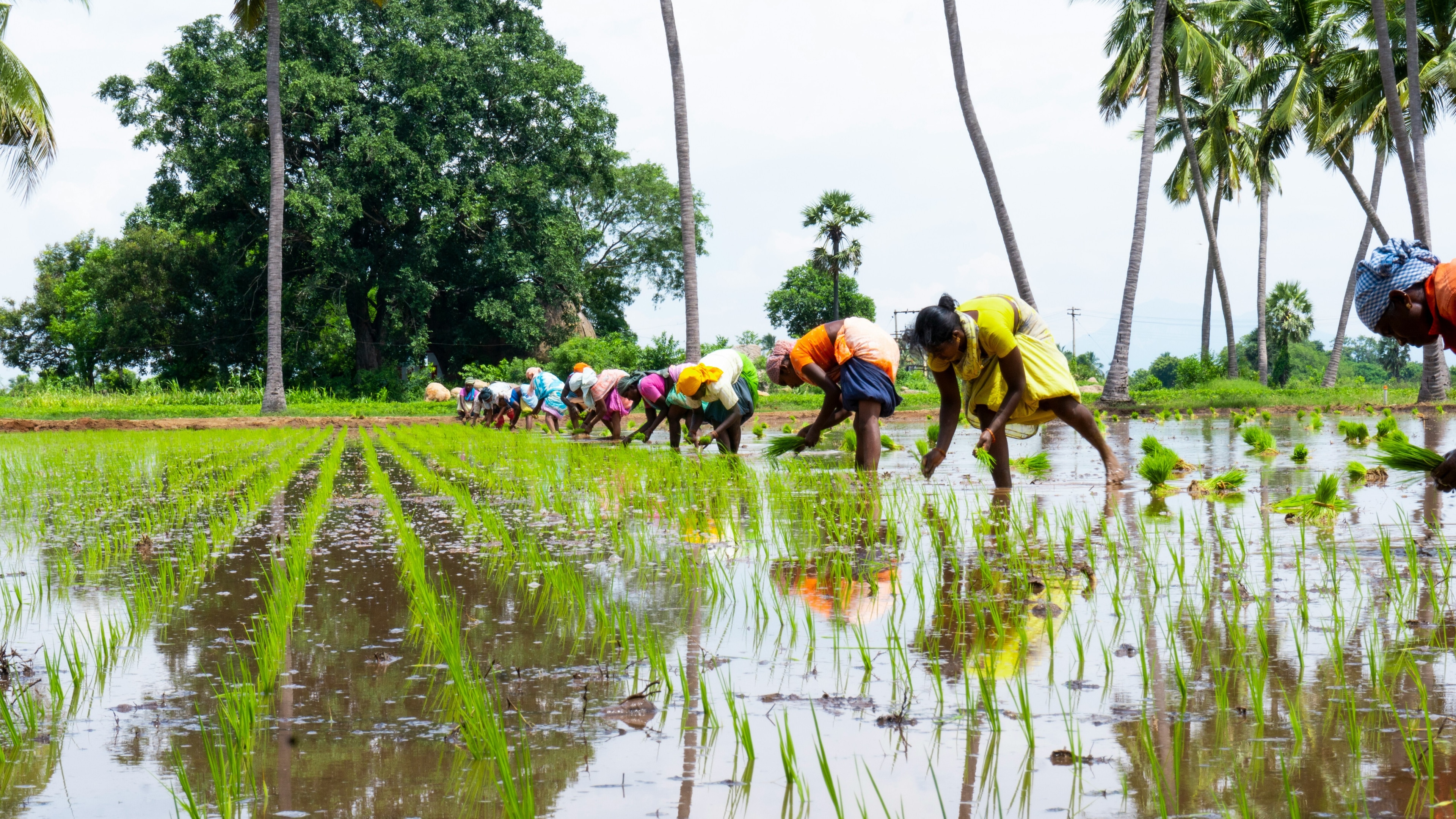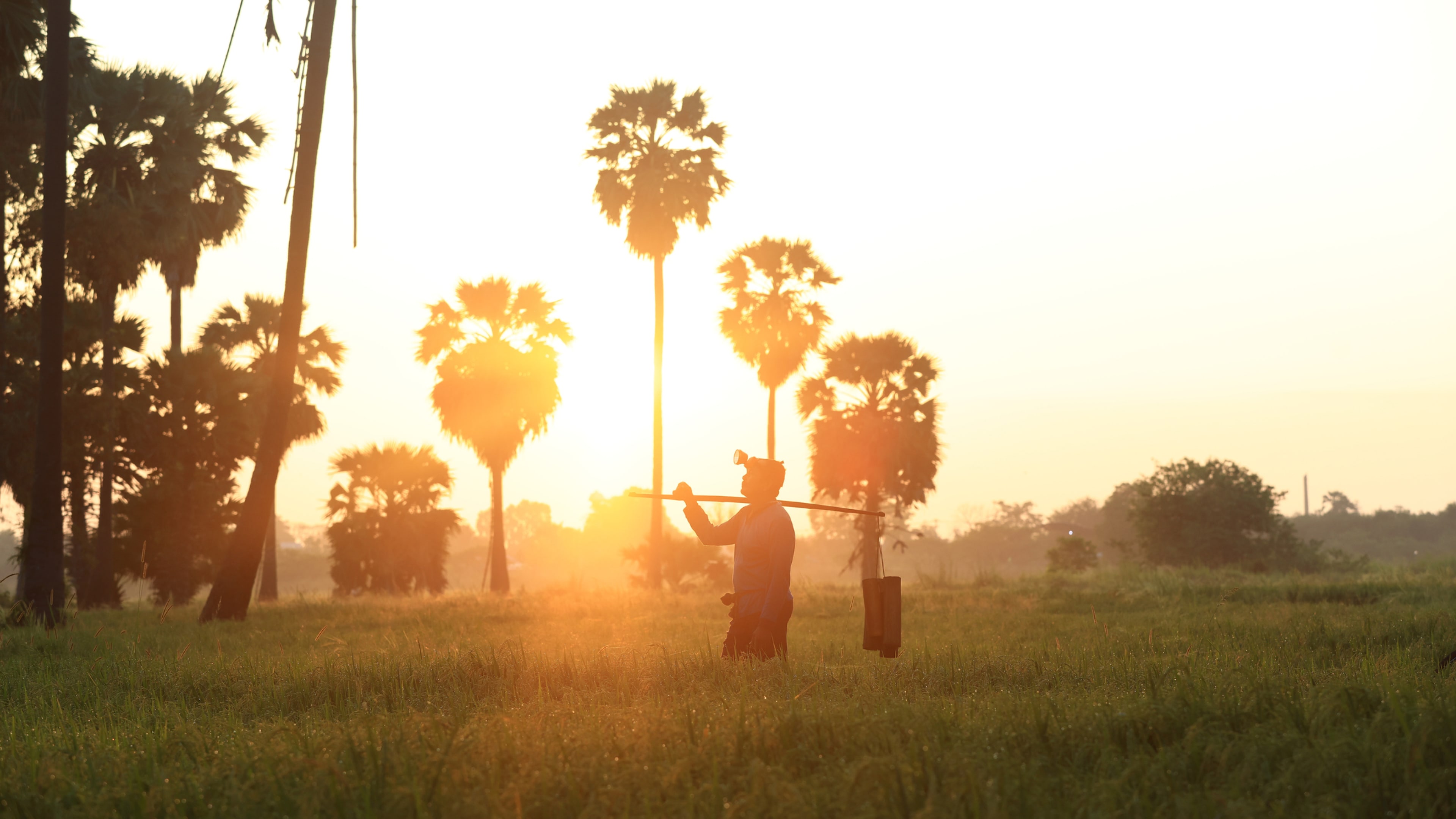More Afghans have been displaced by drought than by conflict this year

This year, 275,000 people have been displaced by water shortages. Image: REUTERS/Ahmad Masood (AFGHANISTAN - Tags: ENVIRONMENT DISASTER IMAGES OF THE DAY) - GM1E61E16CY01
A total of 275,000 people have been displaced by drought in western Afghanistan - 52,000 more than the number uprooted by conflict this year - with over two million threatened by the effects of water shortages, the United Nations said.
Reports from the U.N. and aid charities described farmers lacking seeds to sow following crop failures in some areas and livestock dying for the want of anything to eat.
Afghanistan, a country where nearly 20 million people rely on farming, has suffered a 45 per cent fall in agricultural output this year as the drought has bitten, officials at the ministry of agriculture have said.
In a regular update, the U.N. humanitarian office reported that 120,000 people fleeing the drought arrived in Qala-e-Naw city in Badghis province in the week to Sept. 9.

A second U.N. report, with data covering August, said more than 100,000 people may have moved to Herat city for the same reason by the end of last month. It estimated 2.2 million Afghans would be affected by the drought this year.
In Qala-e-Naw, where there are an estimated 66,500 drought-displaced people, supplies and humanitarian aid are already insufficient to meet the needs of newly arrived families.
The U.N. cited an assessment by aid charity World Vision International that 99 percent of people in Badghis said their food situation was worse or a lot worse than a year ago.
“The assessment also indicates that most farmers lost last season’s harvest and nearly all of them lack seeds for new planting season,” the U.N. report said, noting reports that about 40 per cent of livestock has been lost in Badghis due to a lack of pasture and fodder.
The Famine Early Warning Systems Network (FEWS NET), a U.S. funded food security monitoring service, said in a report on Aug. 31 that the number of Afghans in a food “crisis” was atypically high.
“Crisis” is step three on a five step scale, where four is “emergency” and five is “catastrophe” and possible famine.
In Badghis and Faryab provinces, emergency outcomes are expected to emerge in January, FEWS NET said.
“Normally during this time period, food security outcomes begin to seasonally improve in much of the country, but due to drought and severe reduction in wheat production, reduced labor opportunities, and continued conflict more households face Crisis outcomes than normal,” it said.
Don't miss any update on this topic
Create a free account and access your personalized content collection with our latest publications and analyses.
License and Republishing
World Economic Forum articles may be republished in accordance with the Creative Commons Attribution-NonCommercial-NoDerivatives 4.0 International Public License, and in accordance with our Terms of Use.
The views expressed in this article are those of the author alone and not the World Economic Forum.
Stay up to date:
Fresh Water
Forum Stories newsletter
Bringing you weekly curated insights and analysis on the global issues that matter.
More on Resilience, Peace and SecuritySee all
Shoko Noda and Kamal Kishore
October 9, 2025







